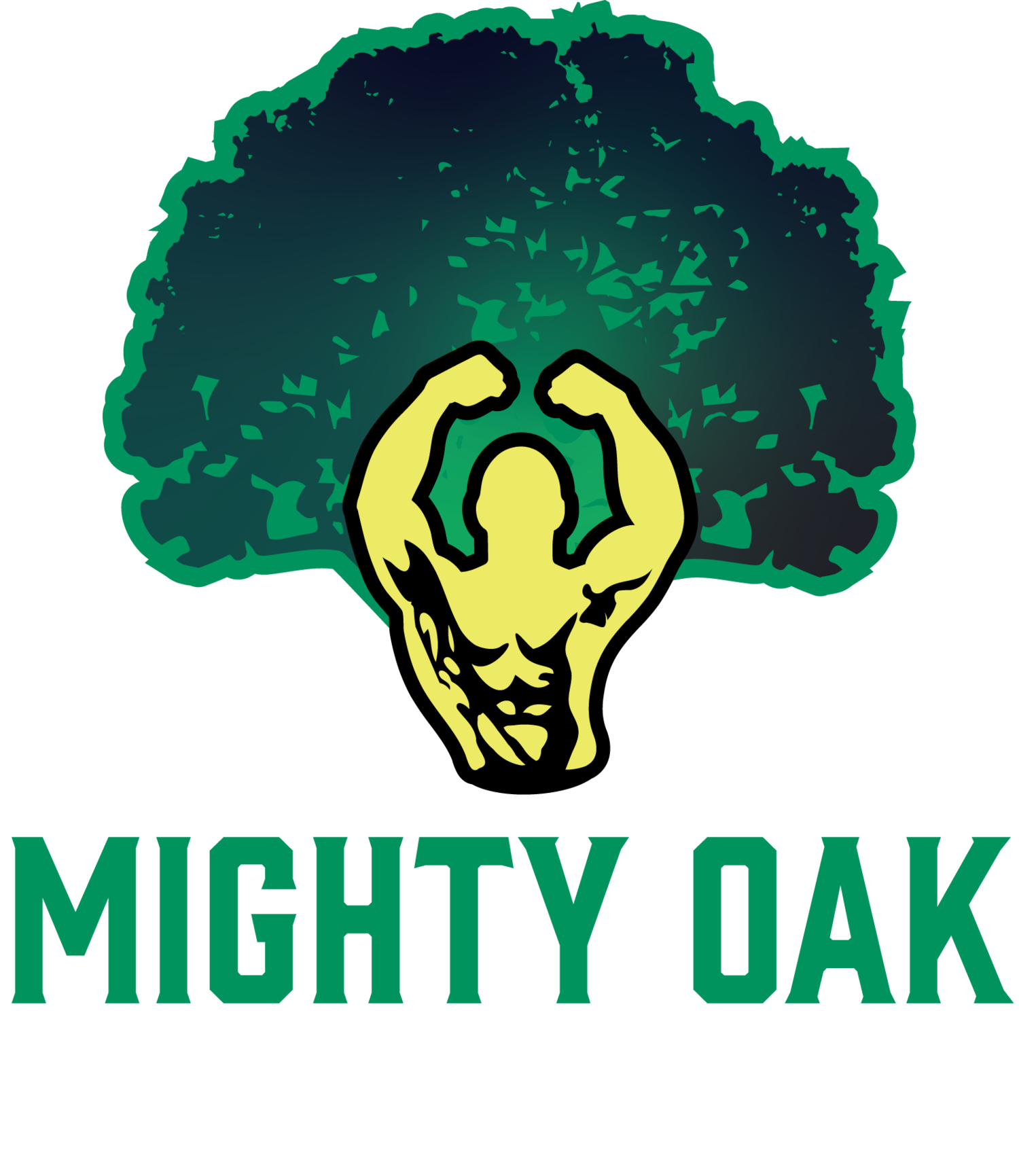How to Use the Lessons of Valentine's Day to Fuel Your Athletic Journey
The connection between Valentine's Day—a day traditionally associated with expressions of love and affection—and strength and conditioning training for athletes might not be immediately obvious, but there are several ways in which themes of love, dedication, and the celebration of physical and emotional strength intersect in the context of athletic training.
Passion and Dedication
Just as Valentine's Day celebrates deep feelings of love and commitment, successful strength and conditioning training requires a similar level of passion and dedication from athletes. The pursuit of excellence in any sport is driven by a love for the game and a commitment to personal and team goals. Athletes often talk about their sport with a sense of love and passion that mirrors the intensity of romantic relationships, highlighting the emotional investment required to excel.
The Role of Support and Relationships
Valentine's Day emphasizes the importance of relationships and support systems, a concept that is equally vital in athletic training. Coaches, teammates, and even the athletes themselves need to foster positive, supportive relationships that encourage growth, resilience, and perseverance. The bond between teammates or between an athlete and a coach can be a source of motivation and strength, pushing individuals to achieve their best. This camaraderie and mutual support echo the themes of companionship and care associated with Valentine's Day.
Physical and Emotional Strength
Valentine's Day and athletic training both celebrate strength, albeit in different forms. Valentine's Day celebrates the emotional strength that comes from love and connection, while strength and conditioning training focuses on physical strength, endurance, and the ability to overcome challenges. However, these aspects are intertwined for athletes, as mental toughness and emotional resilience are critical for dealing with the demands of training, competition, and recovery from injury. The heart—often used as a symbol for Valentine's Day—is also a metaphor in sports for courage, determination, and the inner strength required to push beyond perceived limits.
Personal Growth and Self-Love
While Valentine's Day is often focused on expressing love for others, it also serves as a reminder of the importance of self-love and personal care. For athletes, strength and conditioning training is not just about improving physical capabilities but also about developing self-discipline, self-esteem, and a sense of personal achievement. Taking care of one's body, nurturing one's mental health, and striving for personal bests are all forms of self-love that contribute to overall well-being and performance.
In essence, the connection between Valentine's Day and strength and conditioning for athletes lies in the shared themes of passion, dedication, support, and the celebration of strength in all its forms. Both remind us of the importance of caring for ourselves and others, pursuing our passions with commitment, and building the resilience and relationships that enable us to achieve our fullest potential.

